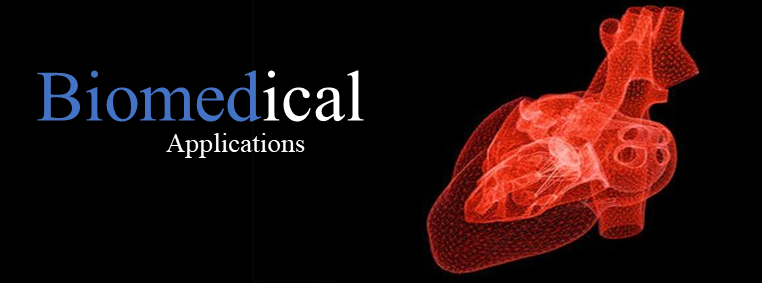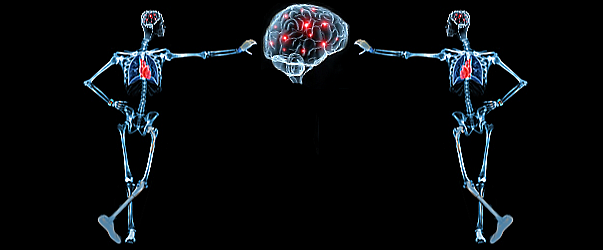Biomedical is a discipline that advances knowledge in engineering, biology and medicine, and improves human health through cross-disciplinary activities that integrate the engineering sciences with the biomedical sciences and clinical practice.
It includes acquisition of new knowledge and understanding of living systems and the development of new devices and algorithms.
The term biomedical comprises not only the relevant applications of engineering to medicine but also to the basic life sciences.
 Biomedical developments has had a major paradigm shift away from traditional healthcare systems towards ones which are much more dependent on technology.
This is true in terms of diagnosis, treatment and system integration. There has been a progressive increase in the proportion of the national Gross Domestic Product (GDP) spent in the medical sector.
This has resulted partly from demographic changes and additionally from increasing public demand for better health care. A progressive shift is occurring in industry to meet this technology demand in medical practice.
Developments in science and engineering are increasingly being directed towards those required for health care.
Biomedical developments has had a major paradigm shift away from traditional healthcare systems towards ones which are much more dependent on technology.
This is true in terms of diagnosis, treatment and system integration. There has been a progressive increase in the proportion of the national Gross Domestic Product (GDP) spent in the medical sector.
This has resulted partly from demographic changes and additionally from increasing public demand for better health care. A progressive shift is occurring in industry to meet this technology demand in medical practice.
Developments in science and engineering are increasingly being directed towards those required for health care.

One of the well established specialty area within the field of biomedical engineering is bioinstrumentation which is the application of electronics, measurement principles and techniques in developing devices used in diagnosis and treatment of diseases. Digital processors are becoming increasingly important in bioinstrumentation used to do a variety of small tasks in a single purpose instrument to the extensive computing power needed to process the large amount of information in a medical imaging system. Some of the application of bioinstrumentation are in modelling, physiological measurements, biomedical devices and materials, data and behavioral analyses.

